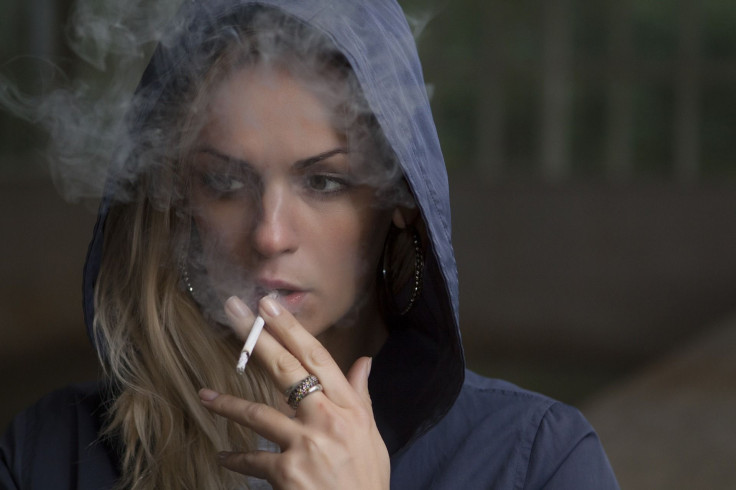Should Employers Reject Applicants Who Use Nicotine?

It's becoming increasingly fashionable for companies not to hire people that smoke or use other nicotine products such as nicotine gum or patches but this ban -- ostensibly for health reasons -- opens these firms to charges of discrimination and might be unlawful in many states.
The American Civil Liberties Union (ACLU) has come out against nicotine-free hiring, calling it a form of "discrimination." It's long been critical of other forms of what it calls "lifestyle discrimination," which also includes smoking.
"Should an employer be able to forbid an employee from going skiing? or riding a bicycle? or sunbathing on a Saturday afternoon?" according to an ACLU legislative briefing. "All of these activities entail a health risk."
Workplace Fairness, a nonprofit working to preserve and promote employee rights, said smoking hiring bans are "problematic." It points out smoking in the workplace is primarily regulated at the state level. It also said there is no federal law governing smoking at work. This means smoking regulations vary from state to state. There are only a few states with no laws restricting smoking at work.
Workplace Fairness said even if there is no applicable law, employers can impose their own workplace smoking policies that prohibit smoking entirely or limit it to certain areas. It said these laws have been challenged in court but are generally upheld. All these means an employer still has the right to hire or not hire a person that smokes.
Those fighting against nicotine-free hiring claim it disproportionately harms poor people who are more likely to smoke than those better off. They point to data showing about half of unemployed people smoke. And many of us know kicking this habit is hard because it's so addictive.
Harald Schmidt, a medical ethicist at the University of Pennsylvania, said targeting smokers mostly harms poor people.
"To me, this is more about fair equality of opportunity," he said. "You're basically posing a double whammy on them. It's very hard for them to get work, and it's even harder for people who are already in a vulnerable situation."
Nicotine-free hiring's still not a national trend because 29 States and the District of Columbia have laws safeguarding "off-duty" activity such as smoking. Many of these laws were passed over the past decades specifically to protect smokers.
But it's a different story in many of the 21 States that tolerate nicotine-free hiring. Employers in these states can reject applicants for being smokers.
The stigma against smokers continues, however. A 2017 Gallup Poll found more than half of American smokers feel they're discriminated against for their nicotine habit.
The problem of nicotine-free hiring re-surfaced when U-Haul recently said it will no longer hire people that use nicotine in any form in the 21 States where such hiring policies are legal.
U-Haul said it will screen new hires and require them to consent to future drug testing for nicotine.
"This policy is a responsible step in fostering a culture of wellness at U-Haul, with the goal of helping our Team Members on their health journey," said U-Haul chief of staff Jessica Lopez.
U-Haul said this new policy won't apply to existing workers. It employs 30,000 people in the U.S., with 4,000 at its headquarters in Phoenix, Arizona.




























